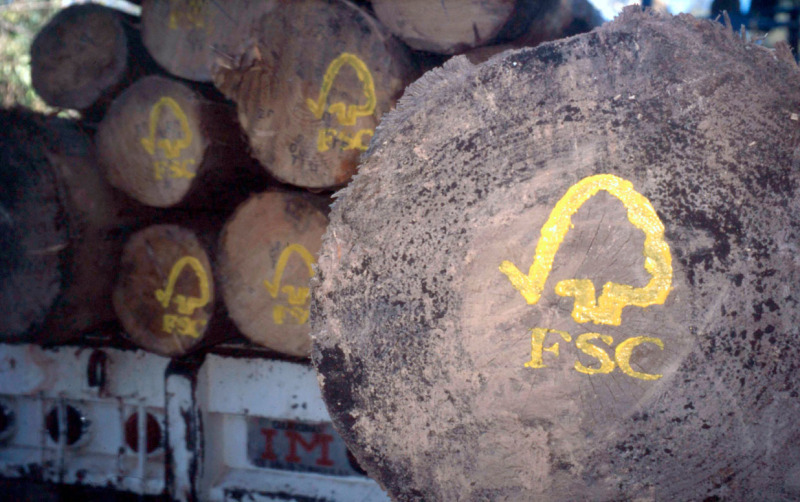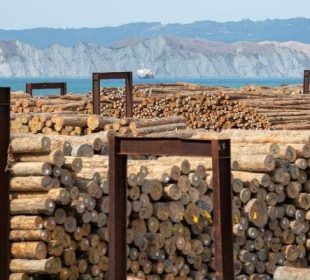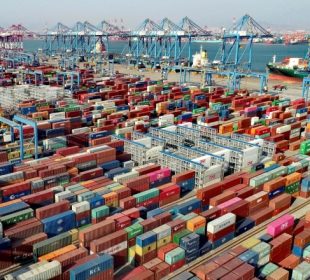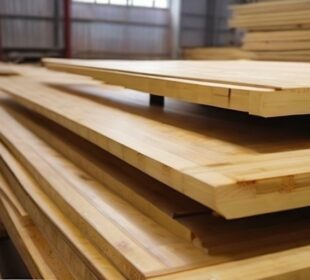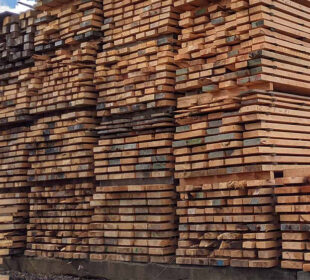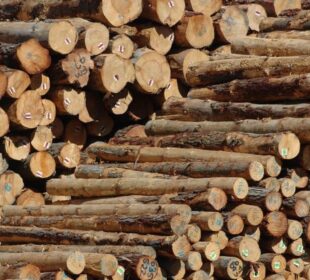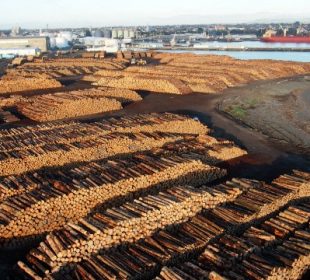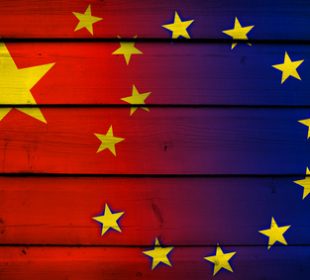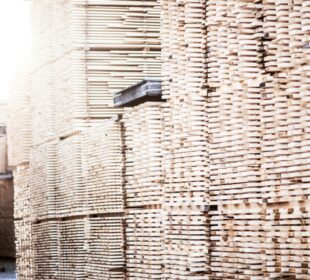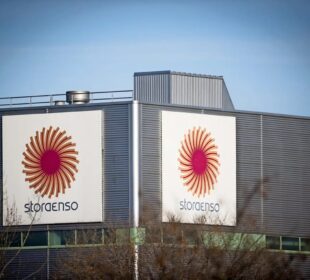An investigation conducted by Sixth Tone, a group of Chinese researchers and journalists linked to the Shanghai United Media Group, tried to check if the FSC certified products in China are following procedures.
The investigation, conducted in 2018 and recently published, took into consideration 9 timber factories in different parts of China, with inspections and interviews. According to Sixth Tone, in 7 cases, it was possible to verify and confirm illegal timber lots, for example belonging to types at risk of extinction, with an uncertified provenance.
China imports timber from countries considered at risk such as Congo and Papua New Guinea. In those low-level contexts, high levels of corruption, worrying track record with regard to violations of human rights and workers, low level of governance and implementation of environmental regulations, deforestation and illegal trade are on the order of the day and any large-scale forest controls are unthinkable.
Once arrived in China, the loads are "cleaned up" and given the stamp and the documents that attest their compliance with the strict standards set by the Forest Stewardship Council, Sixth Tone reported.
According to Sixth Tone, the practice of 'greenwashing' is ordinary. "It's a habitual practice," commented the interviewees.
However, this would not be a fraud against final customers but a practice conducted in agreement with them. "European customers are interested in having FSC certified wood but they are not willing to pay the mark up that this implies," explained one of the interviewees. It is estimated that the certification involves an additional cost of 15-20%.
China, as a hub of international trade, is a country without rules and clear legislation on transparency and traceability of the value chain, where practices such as due diligence are still the exception, making it the ideal context for this kind of situations.
For the full report here

